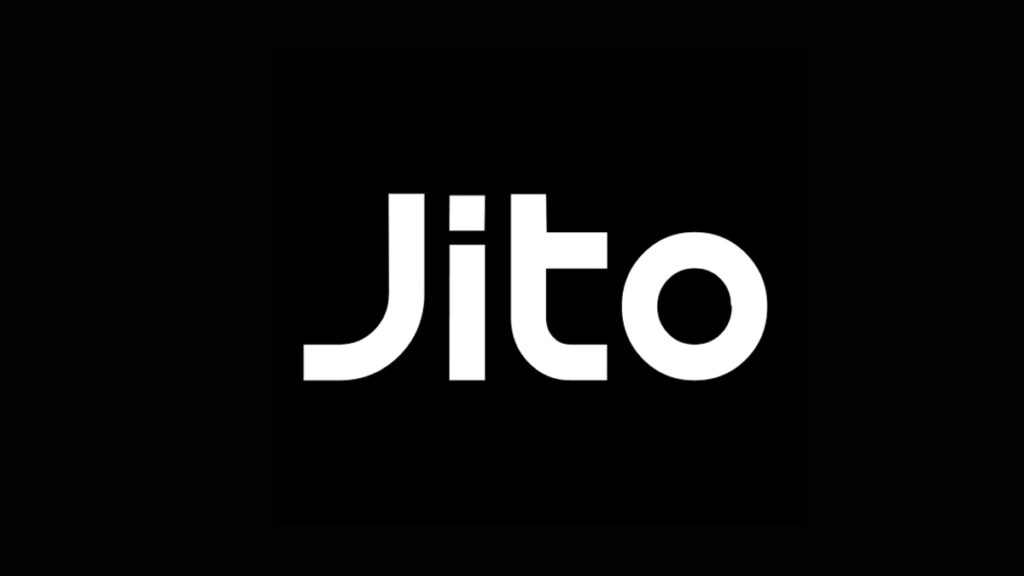The Jito Foundation’s latest code release brings developers closer to activating restaking on Solana.

The Jito protocol released its initial code base on July 25, enabling the unlocking of staking and restaking platforms on Solana. Despite the absence of code modifications, the potential exists for any Solana-native protocol to safeguard decentralized applications using any cryptocurrency.
The expansion would also encompass actively validated services, sometimes referred to as AVS.
The practice of restaking gained popularity in the previous year by introducing protocols such as Ethereum’s EigenLayer (EIGEN), which enabled users and protocols to deploy staked digital assets across various networks.
EigenLayer significantly enhances the staking functionality and economic security beyond the limitations of blockchains or decentralized applications (dapps) where consumers initially locked their currency.
Jito adopted and built upon this notion while deviating from the limitations imposed by EigenLayer. Jito aims to incorporate a broader range of assets, unlike EigenLayer, which only supports Ether, EIGEN, and ETH derivatives. The blog post read:
“Jito Restaking is fundamentally multi-asset, capable of leveraging staked base assets such as JitoSOL, other liquid staking tokens, or any other SPL token”
The notion of restaking has generated significant excitement within Solana’s ecosystem for an extended period, with multiple teams and developer groups purportedly engaged in developing the process. Currently, Jito is at the forefront with its restaking code.
There is no evidence to imply that Jito has implemented its proposal on the blockchain yet, but the release of the code implies that it may happen shortly. The native token of Jito, known as JTO, experienced a growth of 8.5% within 24 hours after the announcement, despite a decline in the overall cryptocurrency market.
